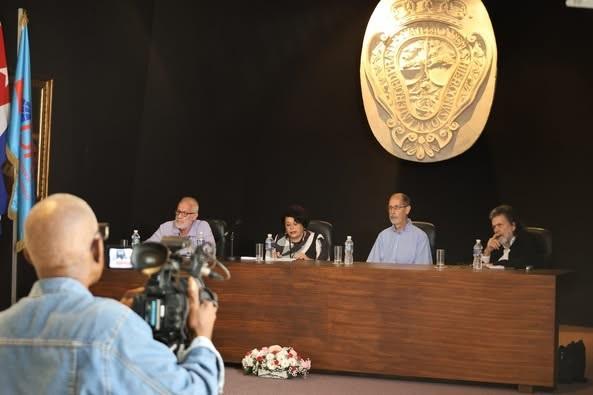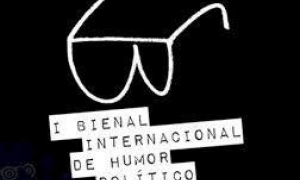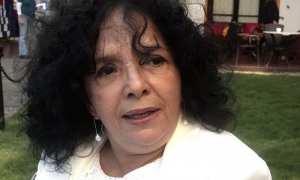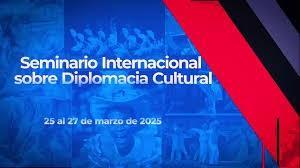
The International Seminar on Cultural Diplomacy was inaugurated at the San Geronimo University College in Havana as "an invitation to understand others, to value their uniqueness, to build bridges that transcend differences." This was emphasized by the Rector of the Higher Institute of International Relations: Raúl Roa García, Rogelio Sierra Díaz, in his opening remarks at the event.
The event highlighted that "cultural diplomacy, even when it has not always been identified with that denomination, has played a relevant role in the interactions between peoples since ancient times" -said the academic- and Cuba has not been left behind.
In this regard, Sierra Diaz highlighted the international projection of the National Ballet of Cuba, under the direction of our first ballet dancer, Alicia Alonso, and the work of Alejo Carpentier as a cultural bridge between the largest of the Antilles and France.
Regarding the relevance of the meeting, Rolando González Patricio, president of Parlatino (Latin American and Caribbean Parliament), said that "cultural diplomacy is a necessity in the contemporary struggle against hegemony so that culture becomes, more and more, an instrument of liberation, both individually and on a social scale, of our peoples."
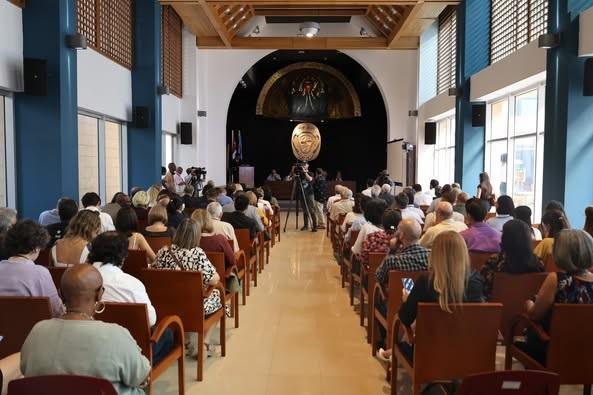
For this reason, he added, the seminar can leave a sediment of collective reflection, of more finished understanding, not only theoretical, but also practical of the relevance of exploiting from our side, that is, from the Cuban side, but also from the Third World side, the importance and the ways we have to exploit the springs of cultural diplomacy.
Regarding this struggle in the current context, Abel Prieto Jiménez, president of Casa de las Americas, said that "culture is a weapon against fascism" and in turn said that to achieve victory it is necessary to put an end to "its twin brother: imperialism," a context in which cultural diplomacy plays an important role.
"These are moments in which it is necessary to go to this work with more and more intelligence, the capacity to dialogue with the other at a time when racism, arrogance and arrogance are on the rise," he said.
Addressing the challenges facing the world today and how to face them from modern advances seen from the perspective of cultural diplomacy, Gonzalez Patricio told Granma that they constitute "a great challenge."
"When photography appeared there was fear for the future of visual arts, the same happened with the emergence of cinema and its possible effect on theater, and, later, with television, cinema trembled. Experience shows that every technological advance increases the margin of opportunity," he added. He urged "to give a liberating and counter-hegemonic use to these new technologies."
The seminar was well attended, with more than 150 participants from dozens of countries, including distinguished representatives of international organizations, governments, foreign ministries and the diplomatic corps.
The program, to be held until March 27, includes more than 60 papers, which will be presented and discussed in six working commissions.
